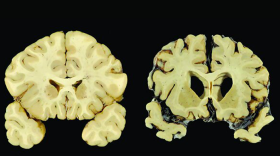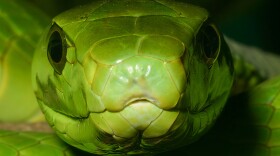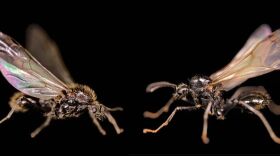
Dr. Vince Gutschick
Vince grew up in the Chicago suburb of Berwyn. He has enjoyed a long career in science, starting in chemistry and physics and moving through plant physiology, ecology, remote sensing, and agronomy.
He earned a B.S. in chemistry from Notre Dame and a Ph.D. in chemistry (chemical physics) from Caltech. His research in the US and five other nations is published in 70 articles in 23 international journals as well as a book and a number of book chapters. He has taught a variety of subjects – a graduate course at Caltech and 20 different courses at Yale and NMSU.
His wife, Ph.D. botanist Lou Ellen Kay, has collaborated with him in both research and teaching, keeping him informed and honest. Vince, Lou Ellen, their son David, and their daughter-in-law Li Yi are still enjoying travel, on six continents to date, meeting interesting people, visiting cultural and historic sites, and seeing amazing scenery. He also enjoys photography and keeping current in French (Disney comics are good for that!).
KRWG explores the world of science every week on The Science Digest with Vince Gutschick, Chair of the Board, Las Cruces Academy lascrucesacademy.org
-
You may be aware of Moore’s law in computer technology. The number of transistors on a microchip has been doubling about every 18 months.
-
-
Weighing the risks of brain damage and your likelihood of getting it.
-
-
-
-
In Europe, a perhaps surprising source for nucleation is dust from the Sahara.
-
-
Exploring AI’s prospects, operationally and financially.
-
Our really remote animal ancestors of about half a billion years ago also had radial symmetry.











